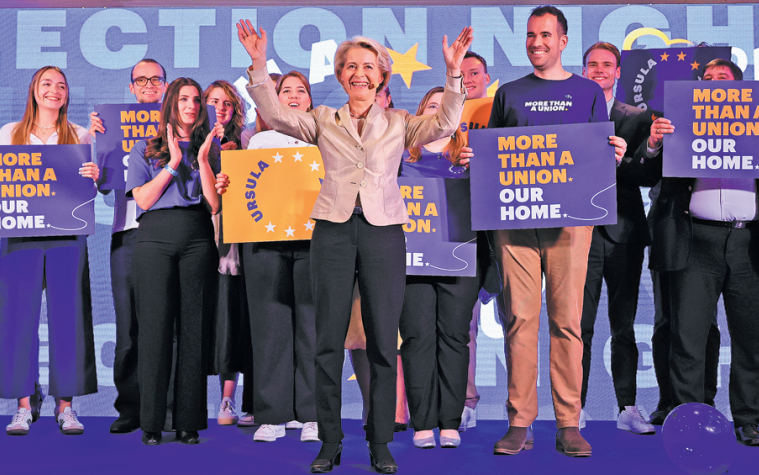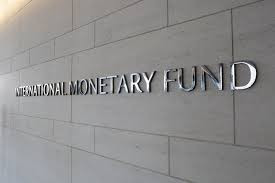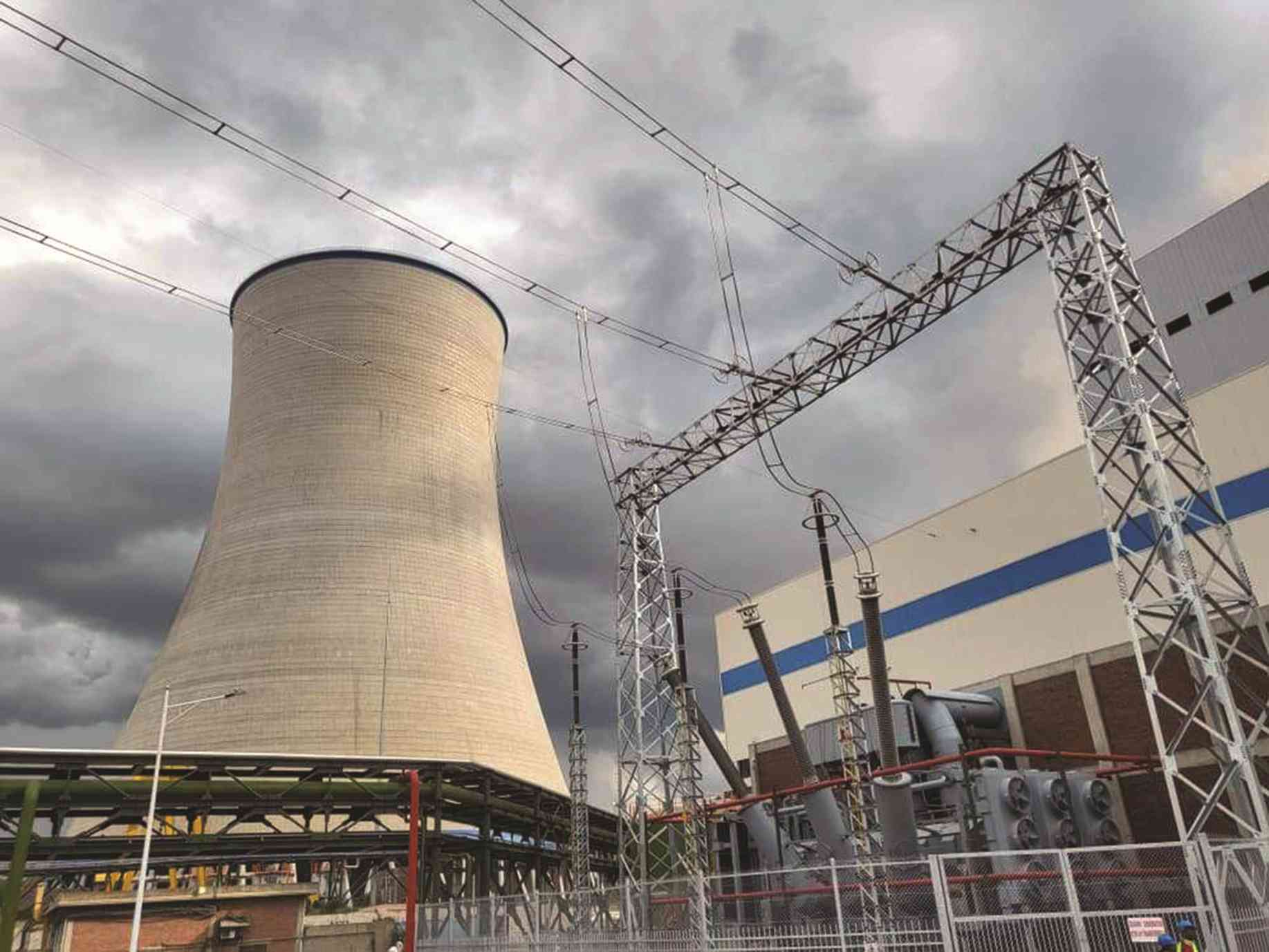
The elections to the European Parliament, which ended on Sunday, resulted in a dramatic shift to the right in several major economies across the 27-member European Union, although the centrists managed to retain their majority.
French President Emmanuel Macron's Renaissance party suffered an especially humiliating defeat in the hands of Marine Le Pen's National Rally party, prompting Macron to dissolve the National Assembly in a knee-jerk reaction on Sunday night and announce snap legislative elections on June 30, with a second round on July 7.
Le Pen's National Rally won 31.8 percent of the vote, more than double the share of Macron's Renaissance, which scraped into second place with 15.2 percent, just ahead of the Socialists in the third spot with 14.3 percent.
In his address to the country, Macron said he could not ignore the warning from voters. "This is an essential time for clarification," he said. "I have heard your message, your concerns, and I will not leave them unanswered."
On Monday, in a post on social media platform X, Macron said he is confident "in the capacity of the French people to make the right choice for themselves and for future generations".
"My sole ambition is to be useful to our country that I love so much," he said.
Le Pen, Macron's archrival in the past two presidential elections, has her eyes on the upcoming legislative elections. If her party wins, Jordan Bardella, president of the National Rally, is likely to become the premier.
"We are ready to take power if the French people have confidence in us in these forthcoming legislative elections," Le Pen said after Sunday's victory. "We are ready to put the country back on its feet."
- CCC urged to push for dialogue over reforms
- A peep into Matenganyika’s artistic closets
- The Bioskop Short Film Competition is back
- Mangwe farmers benefit from agric projects
Keep Reading
In Belgium, Prime Minister Alexander De Croo announced his resignation on Sunday after his Flemish Liberals and Democrats party was defeated by right-wing parties.
In Germany, the EU's most populous nation, Chancellor Olaf Scholz's coalition suffered a stinging defeat in the European elections, with all three parties in his government trailing the conservatives and the far right, preliminary results showed.
Scholz's center-left Social Democrats won 13.9 percent, less than the 15.8 percent it received in the 2019 elections, while the far-right Alternative for Germany, or AfD, won 15.9 percent, compared with 11 percent in 2019.
The Greens and the Free Democrats, two other parties in the coalition, captured only 11.9 percent and 5.2 percent of the vote, respectively.
"Profound political challenges obviously lie ahead in the two largest EU member states," Carl Bildt, co-chair of the European Council on Foreign Relations and former Swedish prime minister, said in a post on X, with two maps showing Le Pen's domination in France and AfD's dominance in much of former East Germany.
Right and far-right parties also surged in Spain, Italy, Austria and the Netherlands.
Italian Premier Giorgia Meloni's far-right Brothers of Italy won 28 percent of the vote, while the center-left Democratic Party secured 23.7 percent. The Italian populist leader is now widely regarded as kingmaker in the next European Parliament.
Meanwhile, the centrist majority in the European Parliament remains, with the center-right European People's Party scoring top place.
"We won the European elections," European Commission President Ursula von der Leyen, a member of the EPP, said on Sunday night. "We are by far the strongest party. We are the anchor of stability."
Provisional results after all polls closed showed the EPP with 185 of the 720 seats in the European Parliament, the center-left Socialists and Democrats with 137, and the liberal Renew grouping with 79, according to the official website of the EU.
"We will build a bastion against the extremes from the left and from the right," Von der Leyen said.
While she is likely to secure a second term, the situation is complicated with the French snap elections to be held only two days after the EU summit on June 28, when leaders of EU member states would appoint the next European Commission president.
"Given how much she's vilified in France, it's hard to see how he can sign off on her reappointment two days before the French elections," Dave Keating, a journalist and frequent commentator on EU affairs, said on X.








